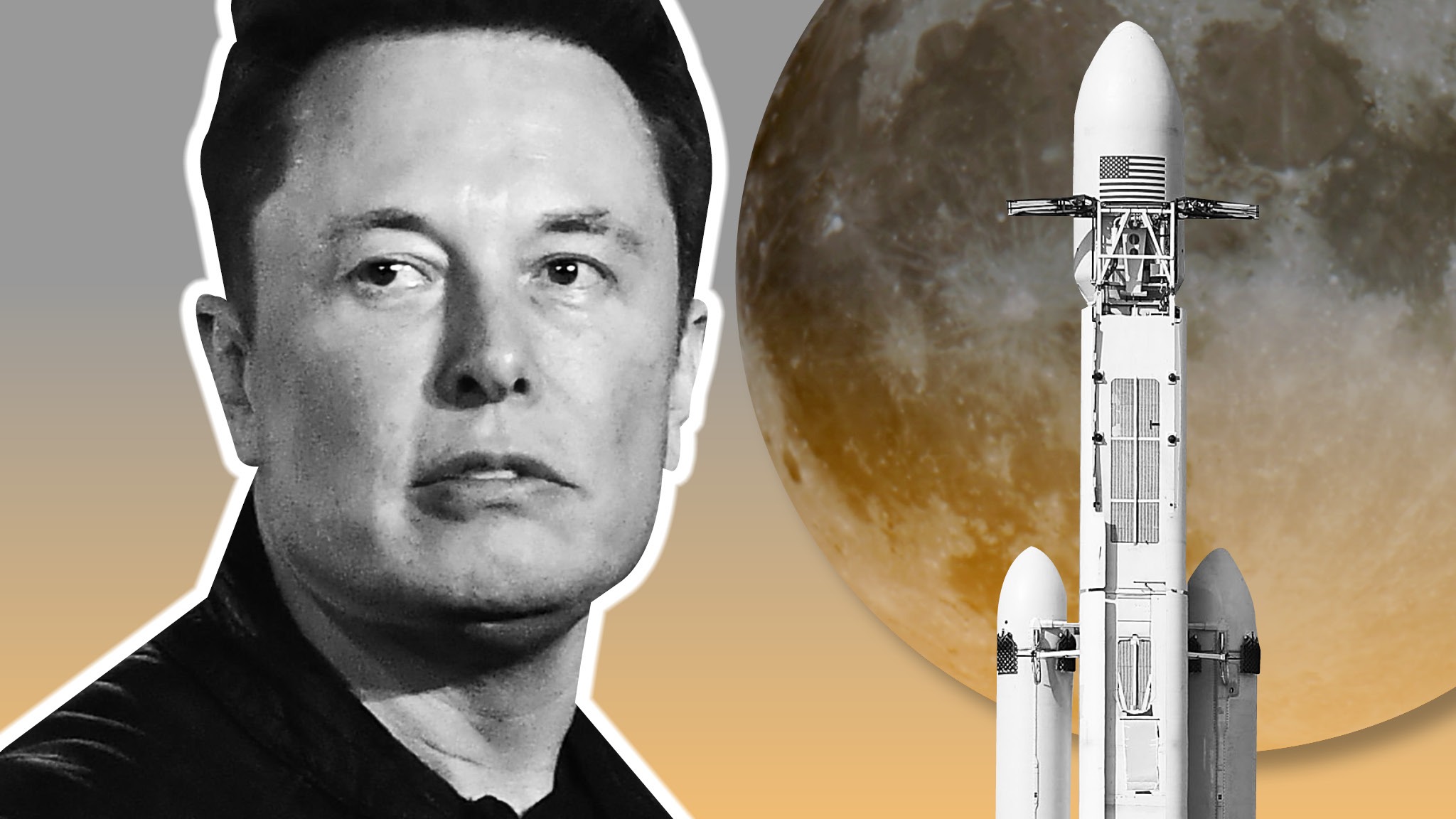Japan starts reusable rocket project in response to Elon Musk SpaceX.

Sunday, November 28, 2021 | Chimniii Desk
Key Highlights
- The goal is to reduce launch costs to less than a fourth of present levels.
- NIPPI Corporation and GH Craft, a Teijin subsidiary, will collaborate to create a landing gear system.
- Chiba Institute of Technology will conduct research into low-cost tiny electric pumps, while Kanazawa Institute of Technology will conduct research into composite materials.
- By 2026, Jaxa and partners intend to construct a prototype and conduct the first launch test four years later.
- Between 2020 and 2030, over 24,800 satellites are likely to be launched globally, according to US research firm Northern Sky Research.
Advertisement
TOKYO – Japan's national space agency will collaborate with nearly 30 Japanese companies and institutes to create reusable rockets, Nikkei has learned. The goal is to reduce launch costs to less than a fourth of present levels.
Mitsubishi Heavy Industries and ANA Holdings are partners in the Japan Aerospace Exploration Agency's (Jaxa) effort to launch a reusable rocket for the first time by 2030.
The move is intended to increase Tesla's cost competitiveness to that of worldwide market leader SpaceX, which is led by Tesla CEO Elon Musk.
Japan's primary rockets, the H-IIA and the Epsilon, are not designed for post-launch recovery. If a portion of a rocket can be reused, launch costs will decrease dramatically, and international orders for satellite launches are projected to increase.
SpaceX is a pioneer in the development of reusable rockets. The company's rocket launches are estimated to cost around $6 billion, compared to about $10 billion for an H-IIA rocket.
As of 2018, SpaceX controlled over 60% of the global commercial satellite launch market.
The Ministry of Education, Culture, Sports, Science, and Technology of Japan, which manages Jaxa, has stated that reusable rockets for satellite launch are critical for the development of a next-generation system.
Jaxa expects to get into joint research agreements with approximately 30 companies and organisations. Mitsubishi Heavy Industries will investigate retrieval methods utilising drones and ships in collaboration with logistics company NYK Line.
Advertisement
ANA will conduct research that utilises its operational and maintenance expertise. NIPPI Corporation and GH Craft, a Teijin subsidiary, will collaborate to create a landing gear system.
Nagoya University will develop a lithium-ion battery that is vibration-resistant. Canon IT Solutions, a subsidiary of Canon Marketing Japan, will leverage mixed reality to improve the efficiency of its production processes.
Chiba Institute of Technology will conduct research into low-cost tiny electric pumps, while Kanazawa Institute of Technology will conduct research into composite materials.
By 2026, Jaxa and partners intend to construct a prototype and conduct the first launch test four years later. They expect to cut the cost to around $500 million by the early 2040s by building reusable technology and boosting the number of launches.
Between 2020 and 2030, over 24,800 satellites are likely to be launched globally, according to US research firm Northern Sky Research.
The market for satellite manufacturing and launch is expected to increase at a rate of approximately 9% per year to more than US$567 billion by 2030.
Jaxa has a history of contributing to the development of reusable technology.
Flight tests of the small RV-X rocket are planned for early March, while those of the Callisto rocket, which is closer to the practical stage and is being developed in collaboration with Europe, are planned for fiscal 2024.
Advertisement